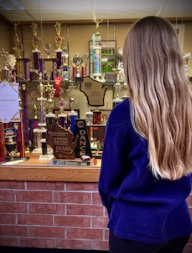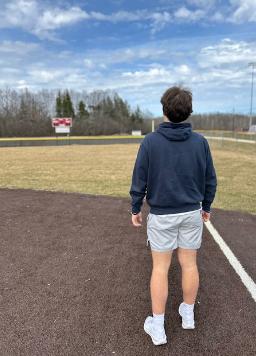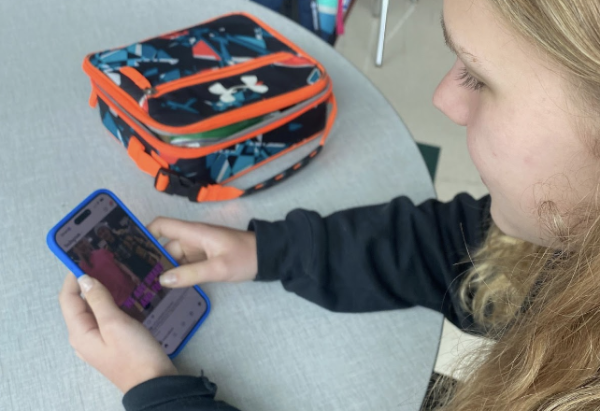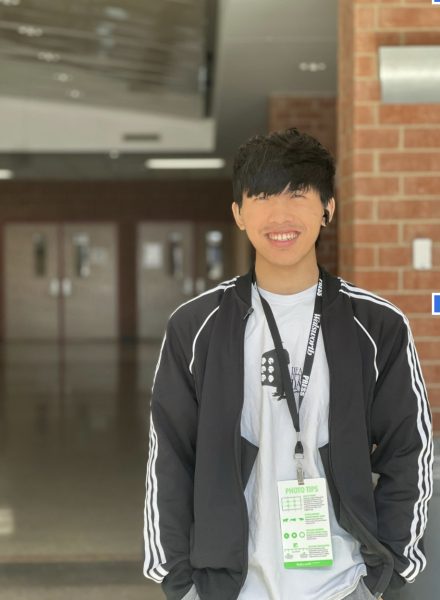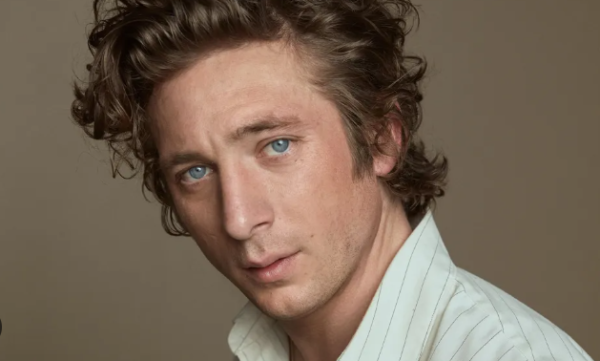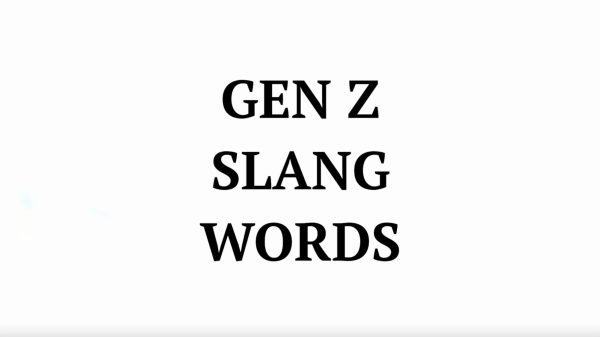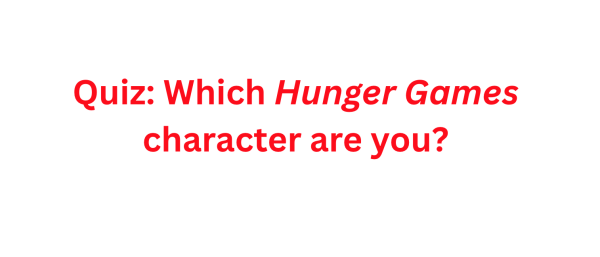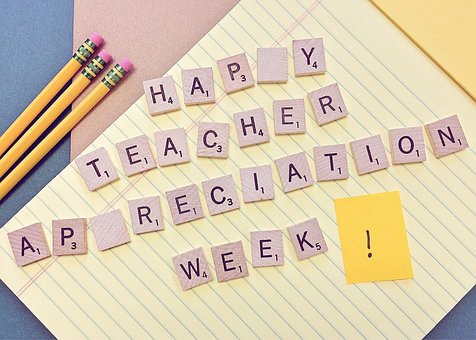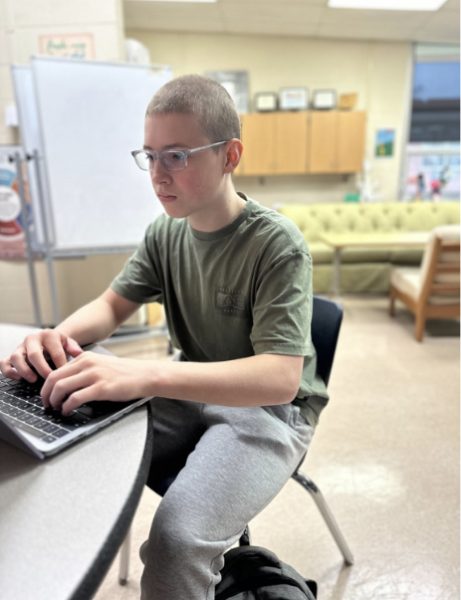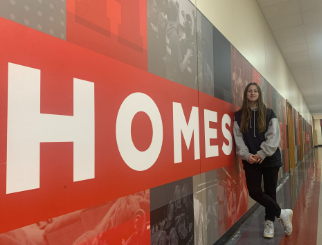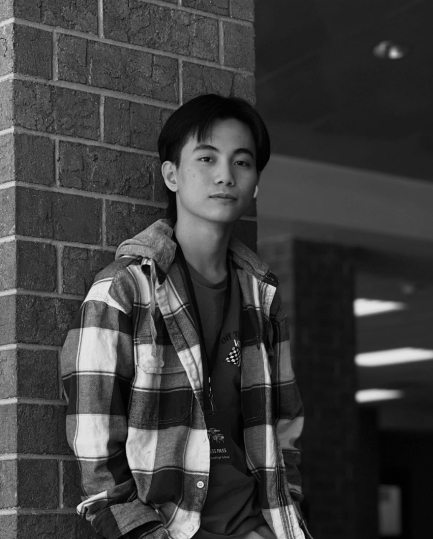Concussed: How concussions ruined my athletic career
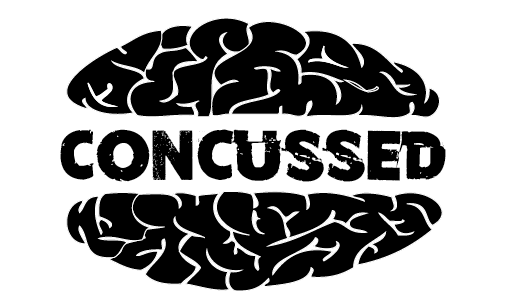
Cases of diagnosed concussions are on the rise nationwide. One athlete shares her story on how they haunted her high school athletic career.
Sophomore year — I was first up on beam for my first meet on the varsity gymnastics team. Nervous and shaking before the judge called for me to start, I mounted the beam and started my performance, which calmed my nerved. I landed all of the skills I was nervous about, and it was time for my dismount: a roundoff back tuck, something I had done a hundred times without even thinking about it. This time, however, was different.
One of my feet missed the beam. I knew that it had happened, but I figured I would still be able to rotate my back tuck in time. Wrong. I had almost no rotation, and my head went straight into the mat below. I can’t remember what I was thinking: all I knew was that I was in pain. I had to get up. I saluted the judge and walked back to my team, not even considering a concussion. I had neck pain — that’s for sure — but my head was not bothering me, so I figured I was fine. Again, I was wrong.
Concussions are filling news feeds everywhere, not discriminating against the type of athlete who sustains them. I am one of the athletes whose life has changed forever due to the nightmare of concussions.
After that first concussion, I was out for about three weeks. The next concussion came just days after I returned to practice. I fell off of a trampoline and hit my head on a nearby pommel horse. This concussion gave me constant headaches for six months and sidelined me from the sport I love for nine months.
The following gymnastics season I received my third concussion. This one again came from beam and the same dismount, but this time instead of hitting my head on the floor, I hit it on the beam. It was a minor concussion that kept me out for about two weeks. My doctors and the school athletic trainer were starting to get worried and warned me that I was getting close to the concussion limit.
My fourth and most recent concussion happened when I was diving for the Swim and Dive team. It was a dive I had performed hundreds of times, but this time I was going off of a higher diving board, and my hands were not directly above my head. I hit the water and immediately knew something was wrong. A week later my doctor confirmed my fear and sidelined me from all sports for the rest of my life.
I have gone through multiple doctor visits, physical therapy and eye tracking sessions as a result of the concussions I have sustained.
Although I will not be able to compete in my final season of gymnastics, the sport I fell in love with when I was four years old, I have learned the importance of taking head injuries seriously. I have the rest of my life ahead of me, and although it pains me to hang up sports for life, I am thankful that I can still function properly.
In recent years, the information and the research that has been done on concussions and their side effects have grown larger than ever before. Everyone is becoming more conscious of the effects of concussions. I have first-hand experience of the side effects that can linger for months such as headaches and neck pain.
Concussions are nothing to take lightly. They can strip athletes of things they loved. My advice for anyone dealing with head injuries is to take the appropriate time off needed to heal because coming back too early can greatly impact the athlete’s future in sports, like it has mine.

Gaby Geiger is a sports reporter for Highlander Publications. She is a two sport athlete for Homestead, participating in diving and gymnastics. Often referred...


